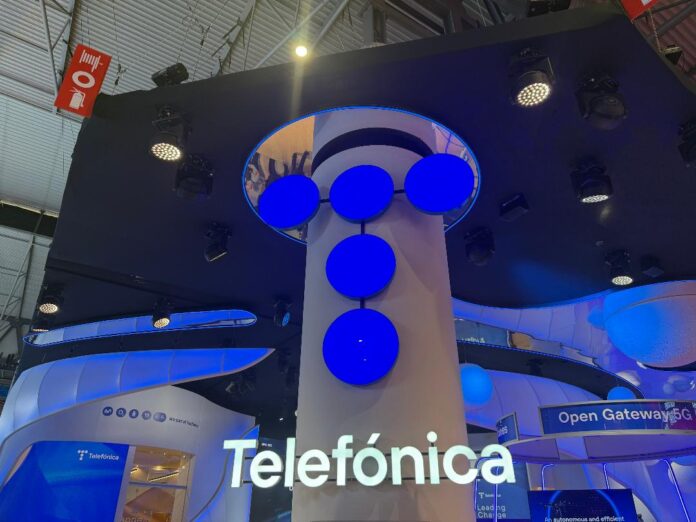With this new move, Telefonica advances its plan to reduce its exposure in Latin America
In sum – what you need to know:
Telefonica exits Uruguay – The Spanish telco has agreed to sell 100% of its shares in Movistar Uruguay to Millicom for $440 million, as part of its broader plan to reduce exposure in Latin America.
Strategic retreat from LatAm – The Uruguay sale follows Telefonica’s recent exits from Colombia, and Peru.
Millicom expands footprint – With operations already in Paraguay and Bolivia, Millicom strengthens its Latin American presence and cash flow diversity.
Spanish telco Telefonica has reached an agreement to sell all of the shares in its Uruguayan subsidiary to the Millicom Group for a total of $440 million, the former said in a release.
With this transaction, which is subject to certain closing conditions, including the approval of the corresponding regulatory authorizations, Telefónica advances its plan to reduce its exposure in Latin America.
Telefónica, which operates under the Movistar brand in Uruguay, is the country’s second-largest mobile operator, with nearly 29% of the mobile market by March 2025.
Movistar Uruguay holds licenses in the 850 MHz bands for 2G and 3G services, as well as spectrum in the 700 MHz and 1,900 MHz bands for 4G and 5G connectivity.
In a separate release, Millicom said that the transaction further diversifies the company’s cash flow sources, reducing overall risk supported by Uruguay’s stable macroeconomic environment and investment-grade credit rating.
In Latin America, Millicom currently operates in Bolivia and Paraguay under the Tigo brand.
Marcelo Benitez, CEO of Millicom, said: “This acquisition represents a key milestone in our purposeful growth strategy across Latin America — especially in Uruguay, a country with strong fundamentals and a forward-looking digital agenda. We are committed to being a long-term partner in Uruguay’s digital development by investing in mobile infrastructure, improving service quality, and fostering innovation and talent development.”
In March, Telefónica had finalized an agreement to sell 67.5% of its Colombian unit Coltel— which it operates under the Movistar brand — to Millicom for approximately 368 million euros (currently $416 million).
In addition to acquiring Telefónica’s stake, Millicom had also announced an offer to purchase the remaining 32.5% of Coltel, currently owned by the Colombian government and other investors. If successful, Millicom would gain full control of the company.
In February, Telefonica announced the sale of its Argentine subsidiary to rival Telecom Argentina for $1.245 billion.
The Argentine government initially announced that it will investigate the acquisition to determine whether it creates a monopoly. The Office of the President had released a statement warning that “70% of telecommunications services would be controlled by a single economic group, creating a monopoly formed thanks to decades of state benefits.”
In March, the Argentine authorities announced a preventive measure seeking to suspend Telecom’s acquisition of Telefónica. The government said that the suspension is based on the recommendation of the National Commission for the Defense of Competition, which indicated that “the merger of both companies would significantly increase their market share.”
Last month, Telefonica also sold to Integra TecInternational its entire stake in Telefónica del Perú.
Telefónica’s chairman, Marc Murtra, believes that the company’s exit from Latin America, improves its position to undertake consolidation operations in the telecommunications sector in Europe, where three of its four main markets are concentrated: Spain, Germany, and the U.K.
“The reality of Latin America, where there are great teams, (…) if you look at the accounts and cash flow generation, we believe that the capital in our hands is being used more efficiently by targeting other assets. We believe that these movements, although they may not be intuitive (…), give us even greater capacity to consolidate,” the executive said in his recent speech at the VI International Forum organized by Spanish newspaper Expansión.

